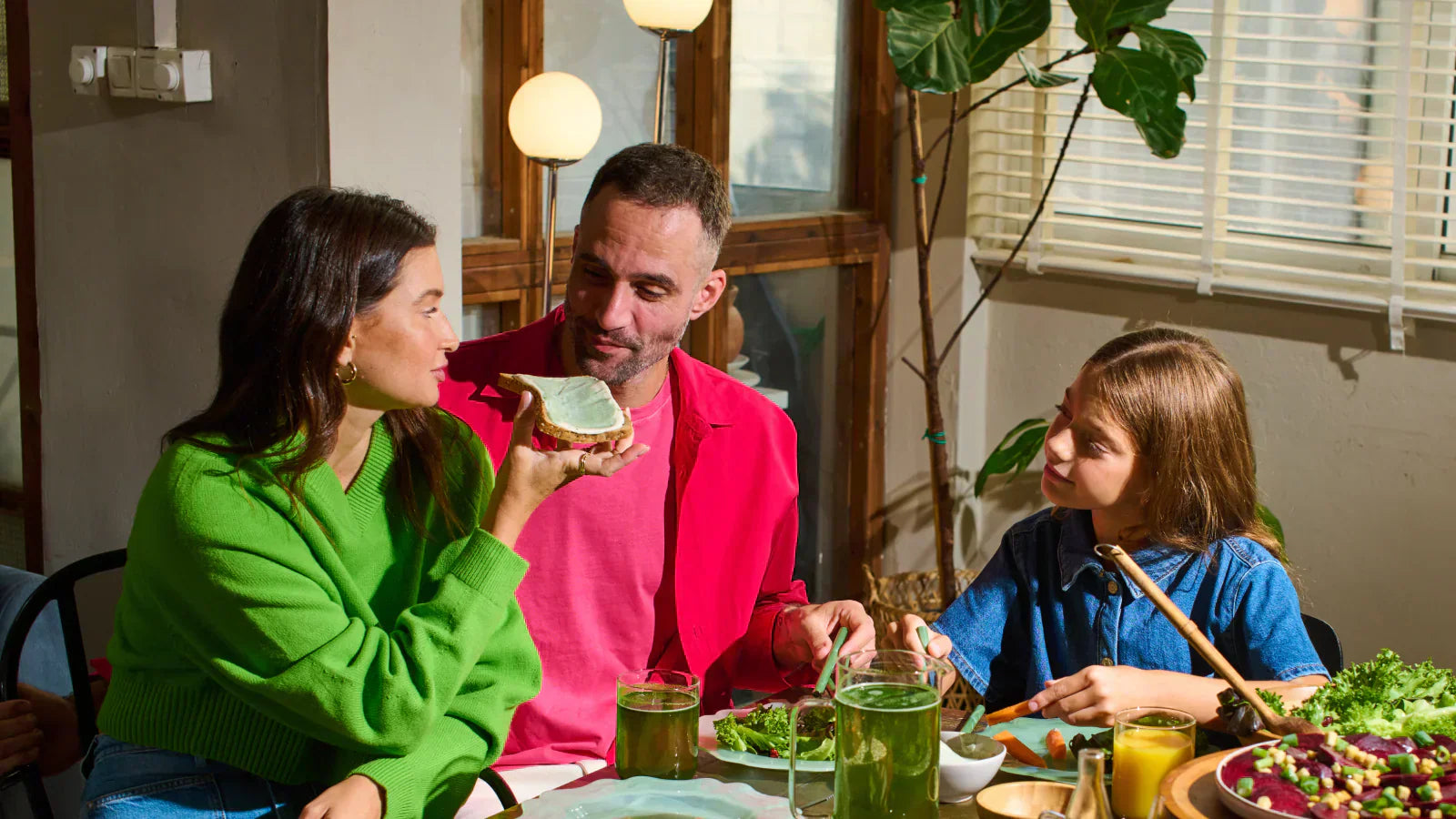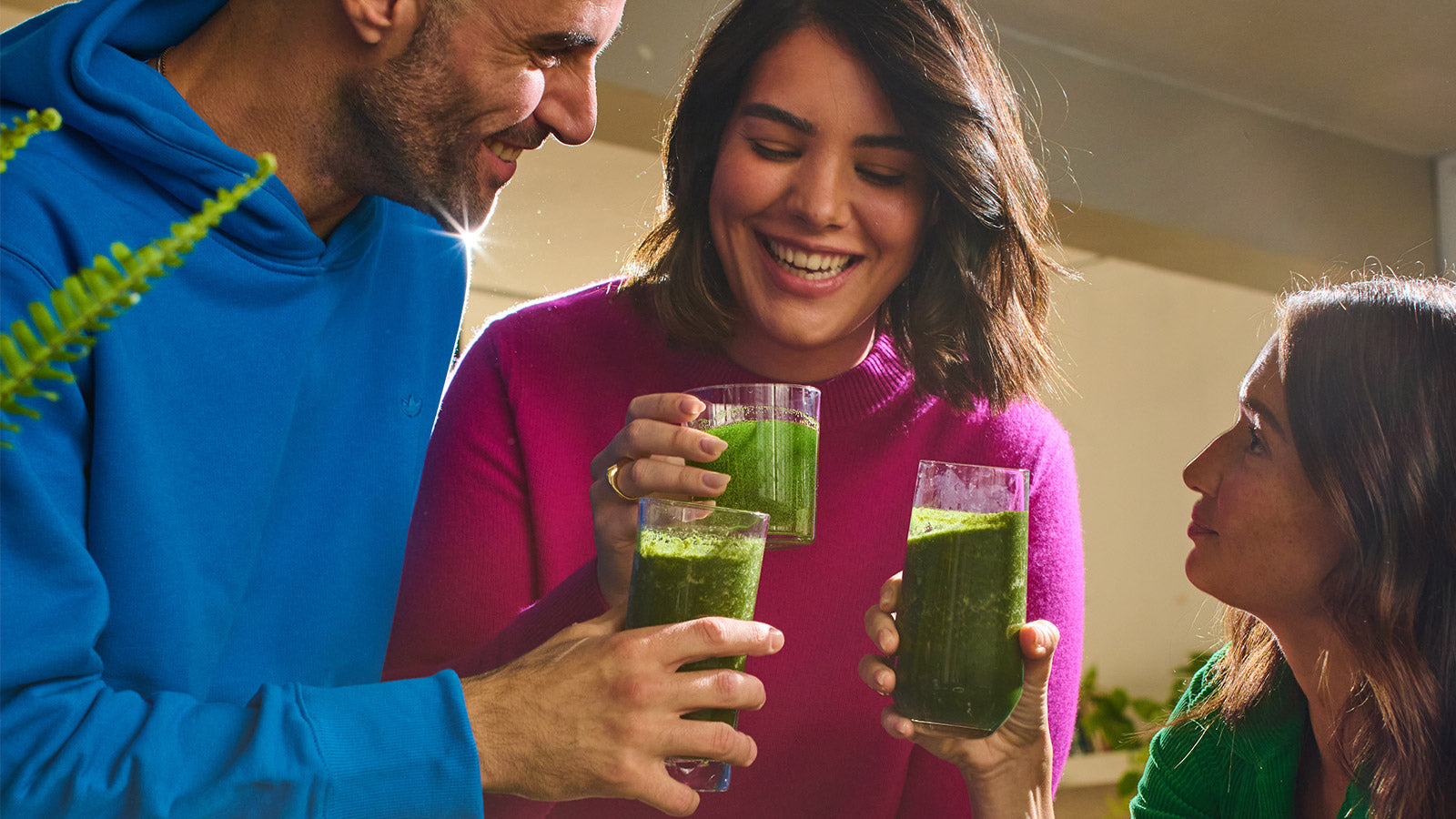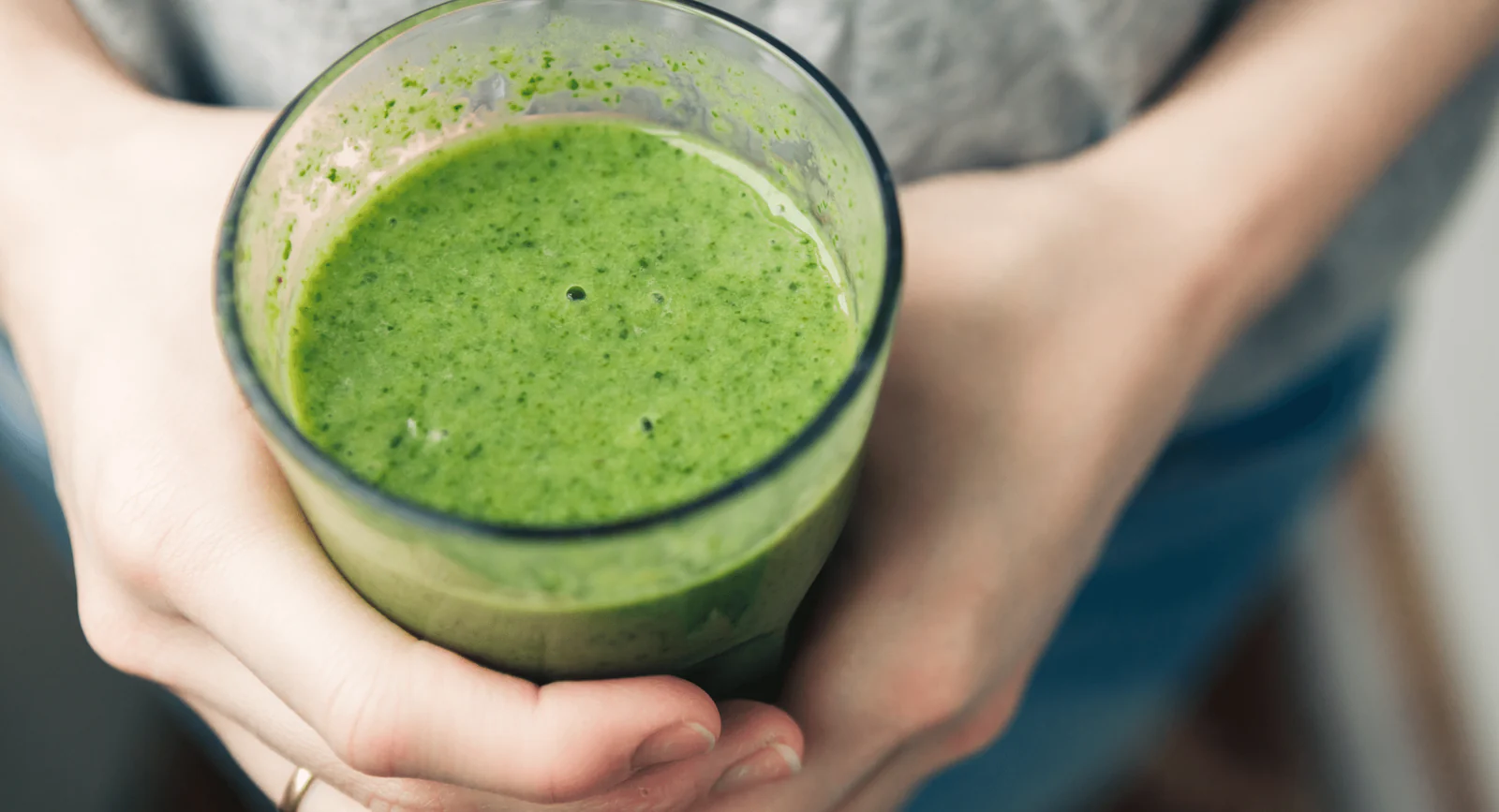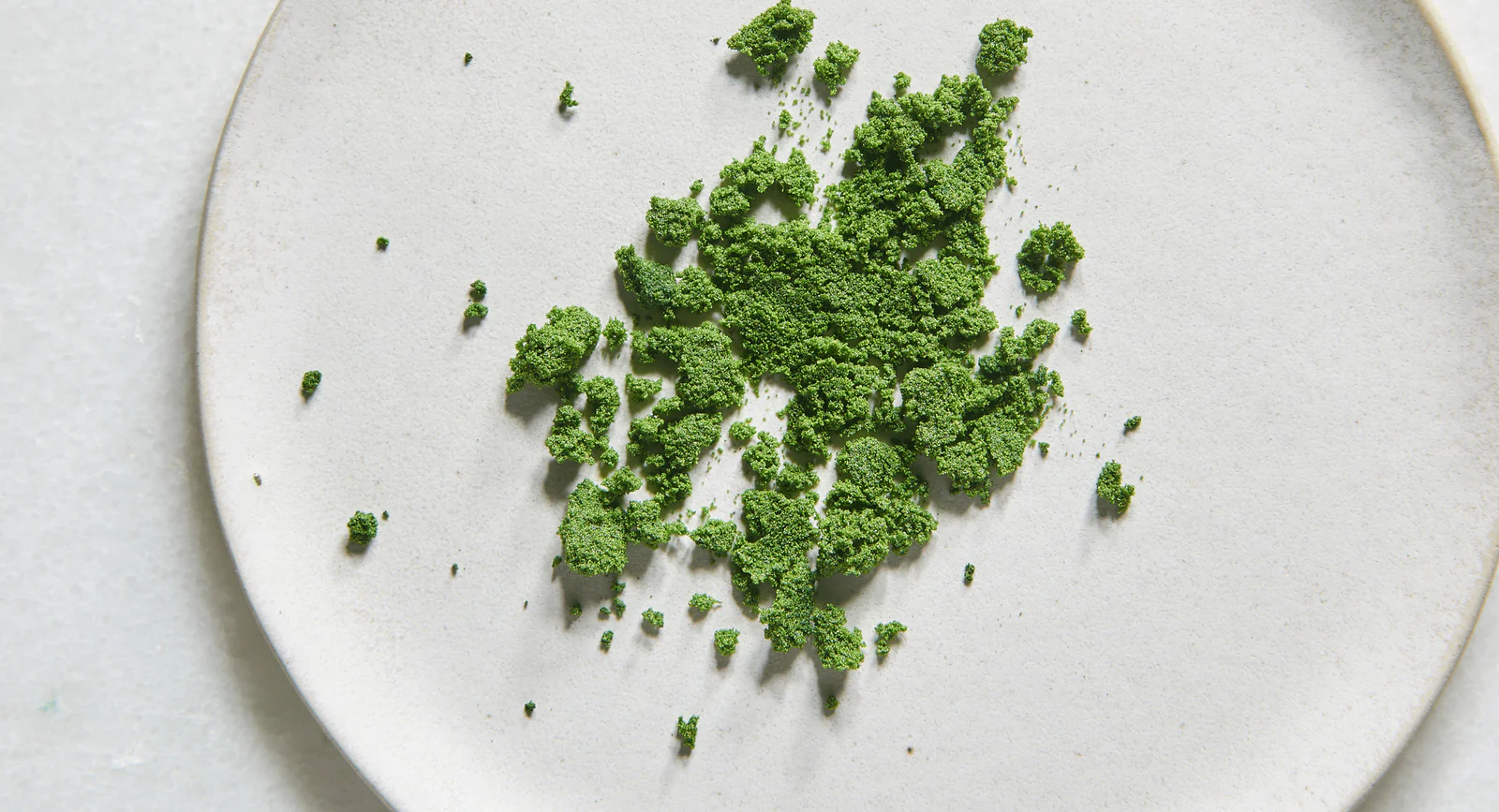The Mediterranean diet is considered to be the world's healthiest, not just in terms of body weight, but also in terms of disease prevention. In recent years, a number of international research centers (including Harvard and Ben-Gurion Universities) have proven that a green version of the Mediterranean diet actually enhances its health advantages. Today, the green Mediterranean diet is considered an upgraded version of the Mediterranean diet, and as a nutritional solution that can help reduce disease risk while improving quality of life.
What are the advantages of the Mediterranean diet?
The Mediterranean diet is based on eating habits developed over many generations in
countries such as Greece, Cyprus and Crete, which incorporate fresh seasonal food that's less processed than most. The diet's central principals are eating fruits, vegetables, fish, plant-based oils, lentils and whole flours, while also adding chicken and red meat to a certain degree. In the 1970s, a study of Mediterranean populations showed that they were less prone to heart and vascular diseases. Since then, many studies on the Mediterranean diet have been published, reinforcing its status as the healthiest diet of all.
Next-gen eating: The Mediterranean diet gets a green version
The green Mediterranean diet is based on the same traditions of the Mediterranean diet we all know and love, but with important changes that help it become more health-effective and eco-friendly. While the traditional Mediterranean diet encourages eating animal-based foods alongside plant-based food, the green Mediterranean diet focuses on less red meat and more plants – especially greens with high nutritional values such as vitamins, minerals, antioxidants and nutritional fibers.
What foods are recommended as part of the green Mediterranean diet?
Tons of vegetables, especially greens, as part of the daily diet. These vegetables can be
consumed fresh, roasted or steamed – every cooking method has its own nutritional
advantage.
A highly recommended supergreen for the green Mediterranean diet is Mankai – a tiny and unique leafy vegetable known for its high nutritional values. The Mankai has complete
protein, essential fatty acids, iron, vitamin B12, folic acid, magnesium, zinc and nutritional
fibers, which help prevent nutritional deficiencies, especially when it comes to iron and
vitamin B12.
Another Mankai advantage is its high absorbability in the body, which maximizes its
nutritional potential. Integrating Mankai into the daily routine, as part of the green
Mediterranean diet, is a great way to enrich the body with essential nutrients, which help
maintain general health, reduces the risk of chronic disease and improves quality of life.
The green Mediterranean diet: A proven positive effect on body health
International clinical studies published in recent years show that the green Mediterranean
diet, which includes a daily intake of Mankai, helps improve many health parameters,
including balancing blood sugar levels in diabetics and pre-diabetics, lowering cholesterol
levels and improving blood pressure. In addition, this diet dramatically reduces the liver's fat levels and improves the microbiome's structure.
In conclusion: Why should we adopt the green Mediterranean diet?
The green Mediterranean diet is an upgraded and healthier version of the traditional
Mediterranean diet, and most people find it easy to implement. Recent research has shown just how advantageous this diet is from a health perspective, and it is likely that future studies will expose additional positive influences. If you're looking for ways to improve your quality of life and maintain your health, the green Mediterranean diet may be the right choice for you.
Want to get started?
It is recommended to consume two Mankai superballs every day, at least. Here's how you can do it:
During breakfast:
A fruit or vegetable shake, enhanced with two Mankai superballs.
Between breakfast and lunch:
A yogurt, enhanced with a Mankai superball – or a slice of whole spelt bread + tahina
enhanced with a Mankai superball.
At dinner:
Two slices of whole bread with two spoons of cottage cheese enhanced with a Mankai
superball.
The Author Yael Dror, Clinical Dietician M.Sc.






